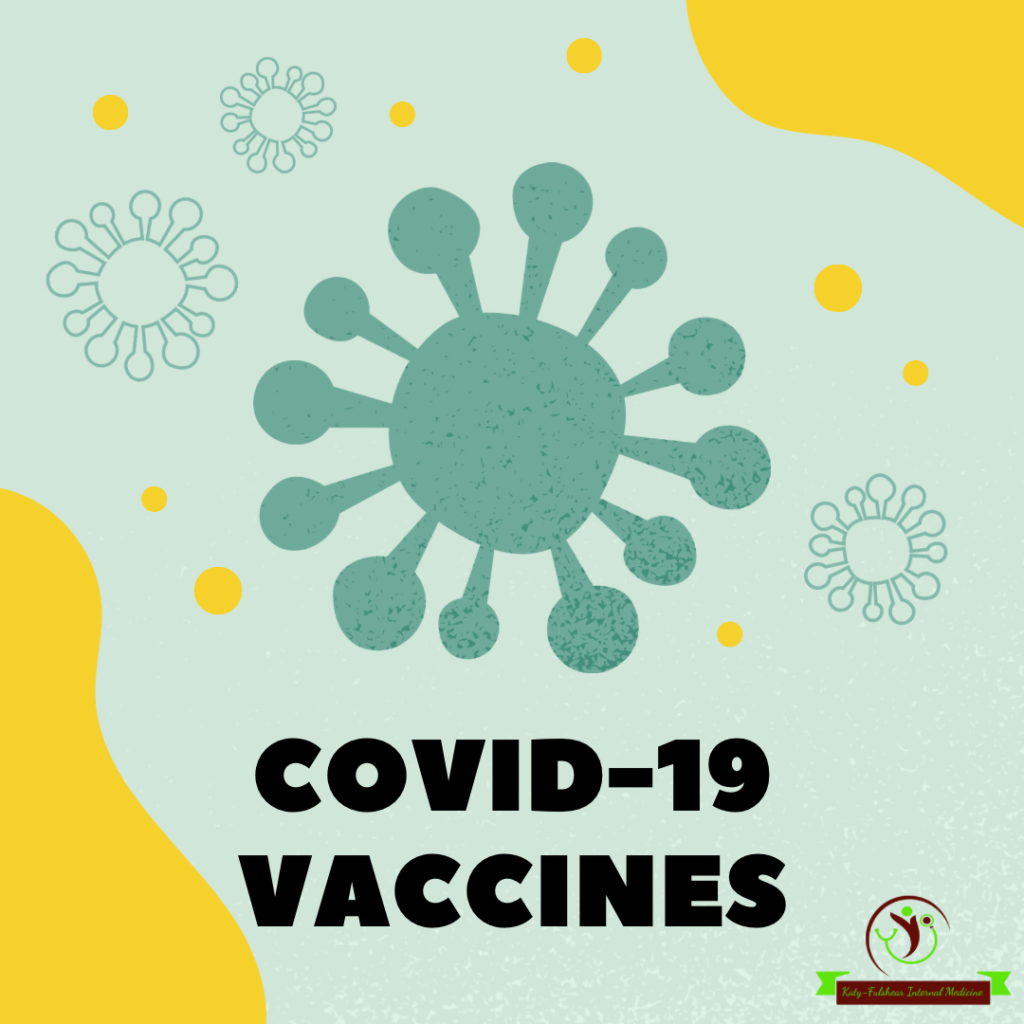What is COVID-19?
COVID-19, also known as SARS-CoV-2 is a highly contagious respiratory viral illness spread by close contact with infected persons that has greatly impacted the world for the past few years. Most people who become infected with COVID-19 experience mild symptoms, however, some people with underlying conditions, certain disabilities, are immunocompromised, or older can develop severe illness requiring hospitalization. The possible symptoms of COVID-19 include fever, chills, cough, fatigue, body aches, headache, new loss of taste or smell, sore throat, congestion or runny nose, nausea, vomiting, and diarrhea. People may have COVID-19 and spread the virus without experiencing any symptoms.
What should I do if I get COVID-19?
If you test positive for COVID-19, it is recommended to isolate for at least the first 5 days, when you are most likely to spread the virus. You should stay at home and avoid contact with others, including avoiding sharing household items like cups, towels, or utensils. If you tested positive for COVID-19 with no symptoms, you may end isolation after 5 days, however, it is important to wear a mask and avoid contact with people who are at higher risk for severe illness until 10 days following the positive test. If you experience mild COVID-19 symptoms, you should continue to isolate after day 5 until your symptoms improve and you are without a fever for 24 hours (without any fever-reducing medications). If you experience moderate symptoms such as difficulty breathing, or severe illness requiring hospitalization, or you have a weakened immune system, you need to remain isolated for 10 days and may need to have another test before ending isolation.
How can I prevent COVID-19?
In addition to frequent handwashing, it is important to stay up to date on vaccination for COVID-19 to protect yourself and prevent the spread of the virus. Although the Federal Public Health Emergency Declaration has expired as of May 11, 2023, it is recommended for all persons aged 6 and up to receive an updated vaccination even if they did not receive a primary vaccine series.
What is different about the updated vaccine?
The updated COVID-19 vaccine, also called a bivalent vaccine, provides protection for not only the original virus but also covers the newer Omicron BA.4 and BA.5 variants of the virus. At this time, Pfizer-BioNTech and Moderna are the only manufacturers with FDA-authorized updated COVID-19 vaccines.
How do I know if my last booster was updated or not?
These updated vaccines became available on September 2, 2022, for everyone aged 12 and up. Per the FDA and CDC, the original Pfizer-BioNTech and Moderna COVID-19 vaccines which do not cover the newer variants of the virus are not being used as of April 18, 2023.
Who should get one?
According to the CDC, any person aged 6 and up is recommended to receive an updated Pfizer-BioNTech or Moderna vaccine, even if they did not get a primary series. Patients who have completed a primary vaccination series are recommended to receive a booster dose of either Pfizer-BioNTech or Moderna. Per the CDC, you do not need to receive the same brand of vaccine as your primary vaccination series. You may “mix and match” the vaccine manufacturer. As of May 2023, the Johnson & Johnson/Janssen vaccine is expired and no longer available in the United States.
Select patients are eligible to receive additional updated COVID-19 booster doses, including those who are aged 65 and up, or those who are immunocompromised. Patients age 65+ are eligible for 1 additional dose 4 months following their first updated (bivalent) COVID-19 vaccine. Patients with a weakened immune system due to things like receiving chemotherapy, solid organ transplant, taking steroid medications long term, or other conditions are considered immunocompromised and at an increased risk for severe COVID-19 illness. Immunocompromised patients are eligible for 1 additional dose 2 months following their first updated (bivalent) COVID-19 vaccine.
What about potential side effects and risks?
The Pfizer-BioNTech Bivalent vaccine side effects most commonly reported include mild injection site pain, mild to moderate fatigue, need for antipyretic or pain medication use, mild headache, and mild new or worsened muscle pain.
The Moderna Bivalent vaccine side effects most commonly reported include pain at the injection site, fatigue, headache, muscle or joint pain, need for antipyretic or pain medication use, chills, axillary swelling or tenderness, and nausea or vomiting.
The Pfizer or Moderna vaccines are not recommended for those who have a known history of severe allergic reactions to the vaccine or any of its components.
There is a potential increased risk for myocarditis and pericarditis with Pfizer-BioNTech or Moderna bivalent vaccines. This risk is generally higher for males younger than 40 and highest for males between ages 18 and 24, most notable within 7 days of receiving the vaccine.
Sources:
- About covid-19. Centers for Disease Control and Prevention. Accessed May 15, 2023.
https://www.cdc.gov/coronavirus/2019-ncov/your-health/about-covid-19.html. - Isolation and precautions for people with covid-19. Centers for Disease Control and Prevention.
Accessed May 15, 2023. https://www.cdc.gov/coronavirus/2019-ncov/your-health/isolation.html. - Stay up to date with covid-19 vaccines. Centers for Disease Control and Prevention. Accessed May 12,
- https://www.cdc.gov/coronavirus/2019-ncov/vaccines/stay-up-to-date.html.
- M; CSPS. Current evidence on efficacy of COVID-19 booster dose vaccination against the Omicron
variant: A systematic review. Journal of medical virology. Accessed May 12, 2023.
https://pubmed.ncbi.nlm.nih.gov/35246846/. - COVID-19: Vaccines. UpToDate. Accessed May 12, 2023. https://www.uptodate.com/contents/covid-
19-
vaccines?search=covid+vaccine+booster&source=search_result&selectedTitle=1~150&usage_typ
e=default&display_rank=1#H2122640867. - Covid-19 bivalent vaccine, mrna-pfizer dosing, indications, interactions, adverse effects, and more.
COVID-19 bivalent vaccine, mRNA-Pfizer dosing, indications, interactions, adverse effects, and
more. April 18, 2023. Accessed May 15, 2023. https://reference.medscape.com/drug/covid-19-
bivalent-vaccine-mrna-pfizer-4000318. - Covid-19 bivalent vaccine, mrna-moderna dosing, indications, interactions, adverse effects, and more.
COVID-19 bivalent vaccine, mRNA-Moderna dosing, indications, interactions, adverse effects, and
more. April 18, 2023. Accessed May 15, 2023. https://reference.medscape.com/drug/covid-19-
bivalent-vaccine-mrna-moderna-4000319.


